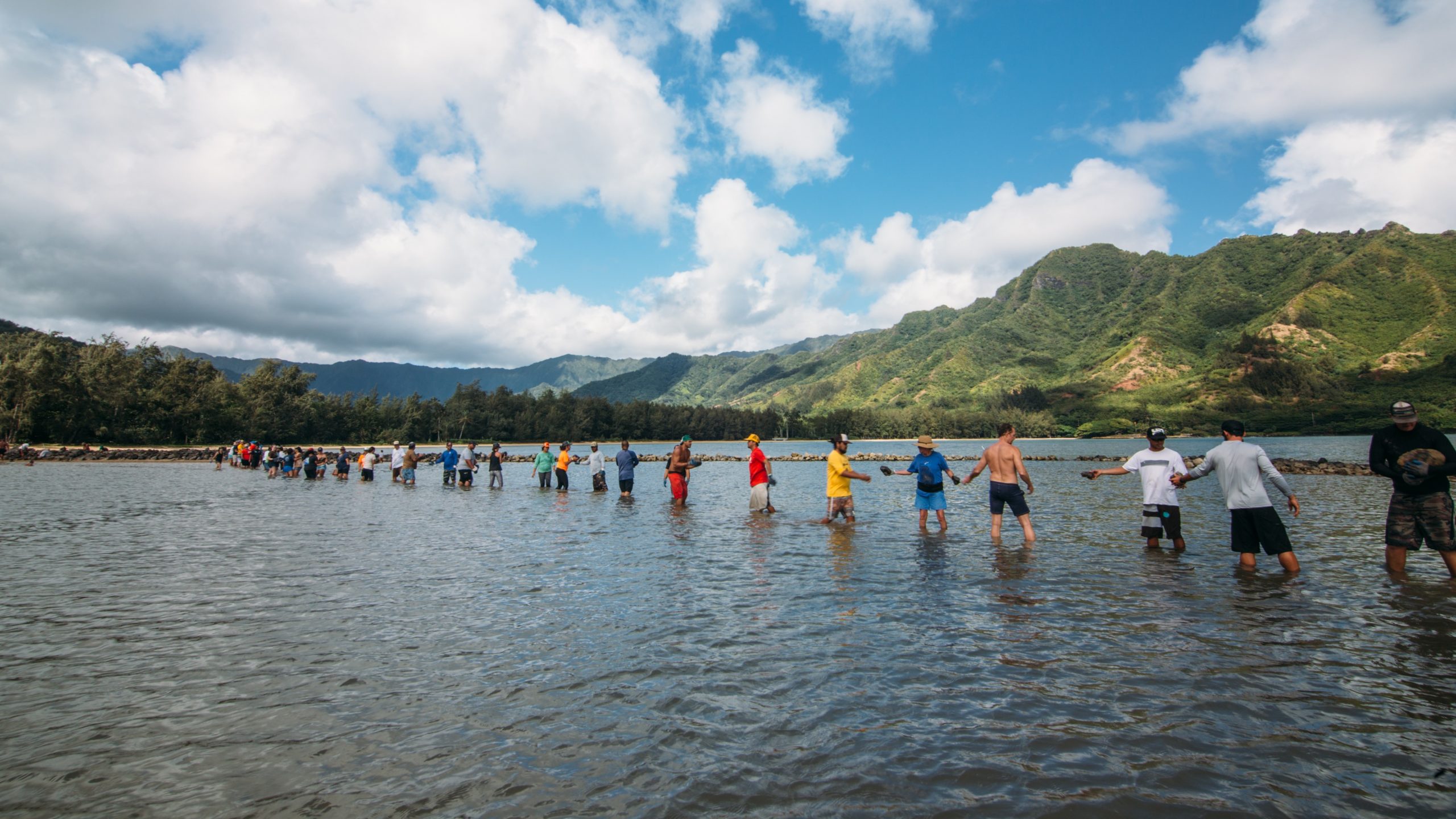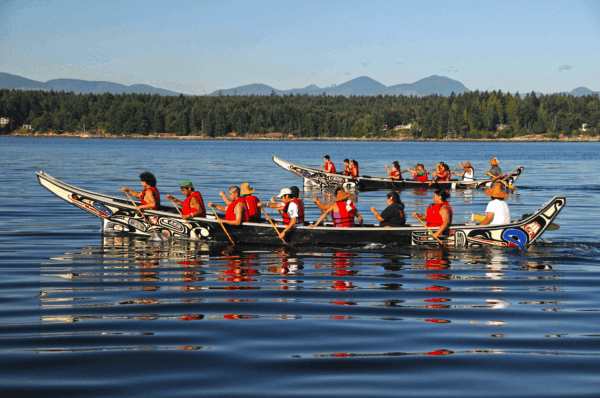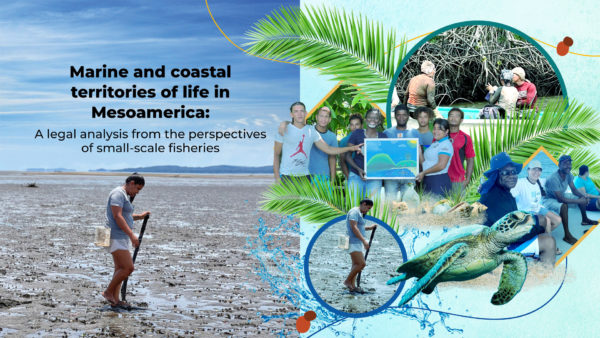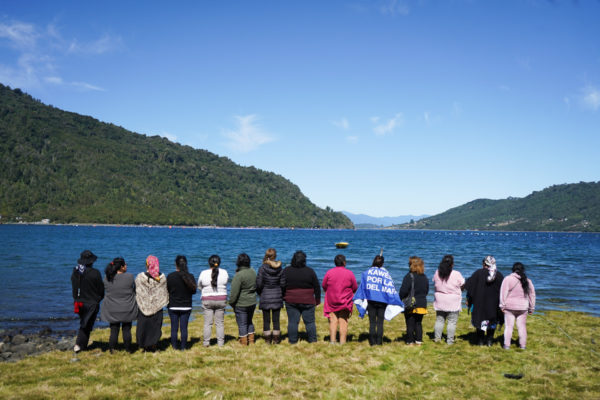As an international association promoting the appropriate recognition and support for territories of life worldwide, we are committed to collectively supporting and facilitating, led by communities and supporting organizations at local and national levels, the documentation of an increasing number of marine and coastal territories of life over the next five years
First published on 06/06/2025, and last updated on 06/18/2025
By ICCA Consortium
A close association is often found between a specific Indigenous People or Local Community and a specific territory, area, or body of natural resources. When such an association between people and place is combined with effective customary governance and the conservation of nature, it is referred to as Indigenous and Community Conserved Areas (ICCAs). These areas and territories, conserved by Indigenous Peoples and local communities, are territories of life.
In marine, coastal, and island environments, this association encompasses the rights of artisanal fishing communities to participate in and take responsibility for the integrated management of small-scale fisheries, based on the recognition and protection of access rights to these fisheries.
For many, it is a source of identity, culture, autonomy, and freedom, as well as a bond that fosters health, livelihood, and community well-being. It is the connecting thread among generations, preserving memories from the past and linking them to the desired future. It is the foundation on which communities learn, identify values, and establish self-governing rules.
Marine and coastal ICCAs–territories of life are gaining recognition as systems for sustaining Indigenous and local livelihoods. Through access rights to resources and markets for small-scale fisheries, equity throughout the value chain, and local fisheries and conservation management, marine resources are managed sustainably and equitably by those whose livelihoods depend on them.
Some of the many such examples of these territories of life include Locally Managed Marine Areas in several island nations, fishing associations and community conserved areas in Senegal, Marine Areas of Responsible Fishing in Costa Rica, Marine and Coastal Areas of Indigenous Peoples in Chile, Community-Based Subsistence Fishing Areas in Hawai’i and Indigenous Protected and Conserved Areas in Canada.
There is significant diversity in the varieties of marine and coastal territories of life, as no two communities will take the same approach to their relationship with the sea. These community-by-community variations create more vitality in keeping with ecosystem variations than large-scale, top-down approaches to marine protection and fisheries management.
Many territories of life can, with the free, prior, and informed consent of communities, contribute to enhancing sustainable fisheries and marine and coastal ecosystems management, reducing marine pollution, and effectively conserving mangroves and coral reefs. Unlike Marine Protected Areas (MPAs), which often exclude access rights for Indigenous Peoples and Local Communities and are typically created and managed by outside entities, marine and coastal ICCAs are locally governed and managed by the community, ensuring that the social, economic, nutritional, and ecological benefits accrue to the community. The rights of access to resources and markets for small-scale fisheries are integral to these sustainably governed and managed systems.
A key aspect of these rights is the ability to defend them against non-sustainable competing uses, such as industrial fishing. Even in countries that support SSF and prohibit inshore industrial fishing, ICCAs will find such prohibitions challenging to enforce. Global efforts are needed to implement and uphold these rights.
As an international association promoting the appropriate recognition and support for territories of life worldwide, we are committed to collectively supporting and facilitating, led by communities and supporting organizations at local and national levels, the documentation of an increasing number of marine and coastal territories of life over the next five years.
Such documentation is led by the custodian and guardian communities of ICCAs themselves. We will ensure that our member organizations, national ICCA networks, and regional consortia have the necessary resources, through financial mechanisms overseen by governments, intergovernmental bodies, and conservation donors, to document their marine territories of life with the long-term goal of sustaining and defending their territories. By 2026, we aim to co-create and disseminate twelve cases of sustaining and defending marine and coastal ICCAs–territories of life. We also aim to document five marine and coastal ICCAs using the ICCA Self-Strengthening Process.



